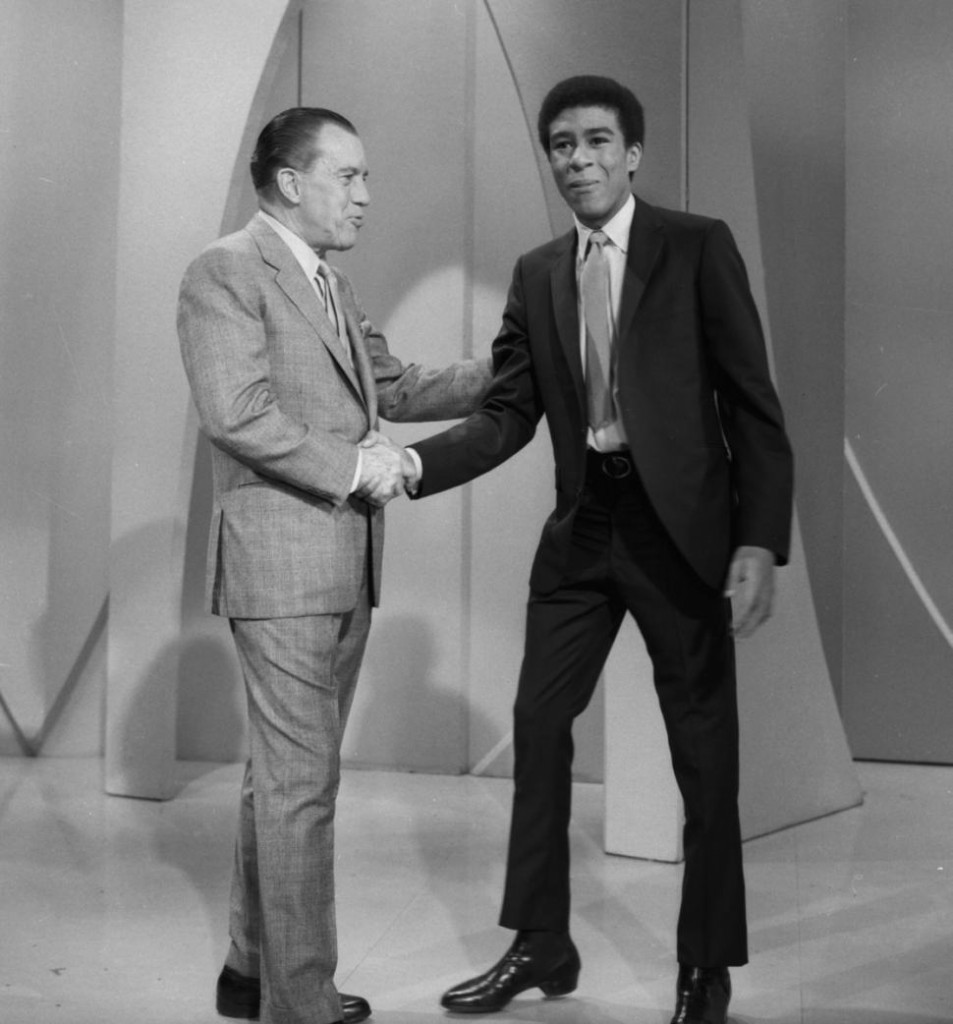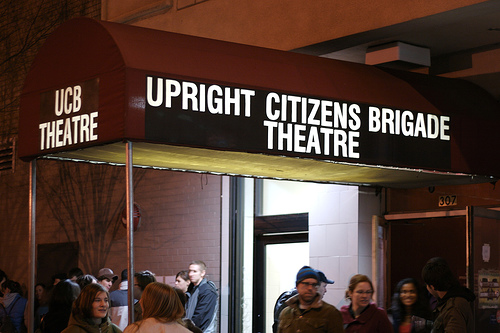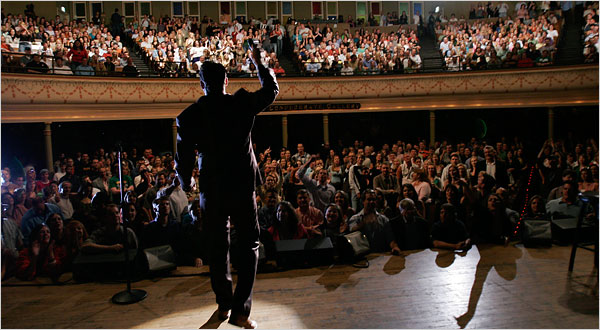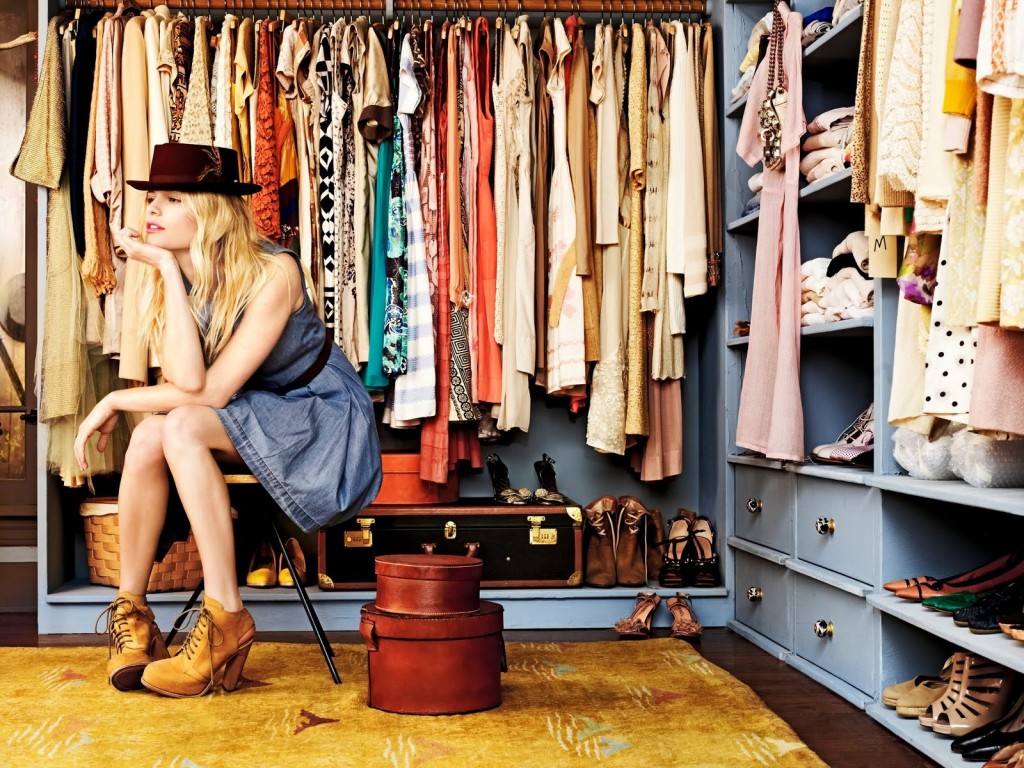When I was younger, I never pictured myself in a relationship. While I know now that the experience isn’t all that uncommon, it felt anything but normal at the time. Other girls my age talked about crushes and respective prince charmings with the kind of enthusiasm I could only struggle to understand. Why did they care so much? Why put so much energy into something that seemed to only make life more complicated? What exactly was it about being with someone that made the world so fixated on love? I didn’t get it and firmly believed that I would never get it. That was, at least, until Ethan.
I can’t say that it was love at first sight, nor could I say that the world stopped around us like so many movies before us did. But to quote a writer I enjoyed when I first met Ethan, I fell in love the way you fall asleep: slowly, and then all at once. There’s a reason John Green is still proud of that line. Nothing else could describe the way it all happened so perfectly. He was someone I knew, then someone I admired, a friend who became a close friend, my best friend even, the best person I ever met, and then finally the only person I could see spending my life with. Slowly, and then all at once. I gradually got to know him, shared his interests and his jokes, and then suddenly he was all I could think about.
I think Hollywood often has it all wrong concerning love, at least when it comes to real love in the modern age. The grand theatrics of old classics are alluring, after all, who wouldn’t want to be chosen over a lavish fortune or whisked away to untold adventure? Who wouldn’t want a Prince Charming? But the reality is that even Prince Charming’s palace will crumble if its foundation is lacking. Your partner could show up at your doorstep with as many roses as you like, but if you can’t hold an everyday conversation, what’s the point?
I believe that at its core, love is built upon a foundation of trust and understanding. Without these fundamental elements, even the most passionate relationships can falter. Trust forms the bedrock upon which love flourishes, without it you leave space for insecurity and imbalance. Understanding cultivates empathy and compassion so that partners to connect on a deeper level and navigate challenges with grace. Moreover, love thrives on balance, compromise, and care. It requires a delicate equilibrium where each partner’s needs are considered and respected, fostering a sense of equality and harmony. Romance is important in love, but relationships are so much more complicated than that. To insinuate anything else would be to insult the human spirit. After all, the only thing more complex than one human being is the connection between two.
It’s been nearly eight years since I met Ethan with us being a rare example of rather functional high school sweethearts. We’ve had countless dates, arguments, and rounds of all major holidays including the three-month gauntlet I have to go through to cover Christmas, his birthday, and Valentine’s Day all in a row. In all that time, I can firmly say without a hint of doubt that while we’ve grown together, we’ve also grown to understand what was really important when it came to maintaining a relationship. At least as much as humanly possible. In essence, love flourishes when trust, understanding, balance, compromise, and care are woven together to create a strong and resilient bond and I learned all that with Ethan by my side.

By Isabella Bosso
Isabella is a junior Comics student at the School of Visual Arts and a self-described nerd shut-in. She grew up in Garfield, New Jersey and you can find her curled up with her dog playing the latest RPG with her boyfriend.
For over 20 years, the Campus Clipper has been offering awesome student discounts in NYC, from the East Side to Greenwich Village. Along with inspiration, the company offers students a special coupon booklet and the Official Student Guide, which encourages them to discover new places in the city and save money on food, clothing, and services.
At the Campus Clipper, not only do we help our interns learn new skills, make money, and create wonderful e-books, we give them a platform to teach others. Check our website for more student savings and watch our YouTube video showing off some of New York City’s finest students during the Welcome Week of 2015.






















